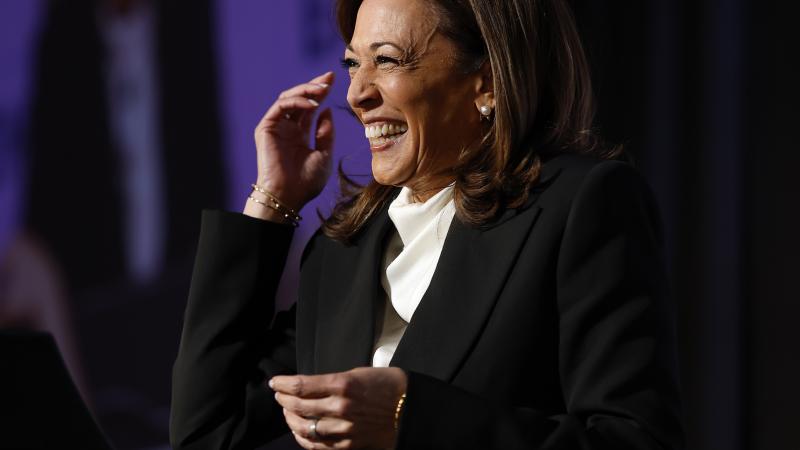Last Soviet leader Mikhail Gorbachev dies at 91
His death follows those of contemporaries Leonid Kravchuk, the first president of Ukraine, and Stanislav Shushkevich, the first independent Belarusian leader, earlier in 2022
The Soviet Union's final leader, Mikhail Gorbachev, has died at the age of 91, roughly 30 years after the collapse of the communist superpower he once led.
“Mikhail Sergeevich Gorbachev died this evening after a severe and prolonged illness,” according to a statement from the Moscow Central Clinical Hospital, per CNN.
Gorbachev served as General Secretary of the Communist Party of the Soviet Union from 1985-1991 and held the office of president from 1990 to 1991 until his fall from power, according to the Encyclopedia Britannica.
During his tenure, he worked to de-escalate tensions between the communist bloc and the Western powers while also pushing the Soviet Union toward democratic reforms, in a policy he termed glaznost or "openness." Many historians and analysts have pointed to this policy as a reason for the country's ultimate collapse.
He also pursued perestroika, or “restructuring,” which included programs to introduce more free market elements to the Soviet economy, though this was met with intense resistance from entrenched communist bureaucrats.
Soviet hardliners attempted to oust him from power in 1991 during a botched coup attempt that ultimately led to the collapse of the Soviet Union. Soviet Vice President Gennady Yanayev led the effort and was declared acting president of the Soviet Union, forming the State Committee on the State of Emergency to manage the transfer of power. Yanayev was reportedly drunk when he signed the decree making himself acting president.
The effort failed in part due to poor planning and to the stiff opposition of Russian President Boris Yeltsin, though the affair cost Gorbachev most of his remaining political capital, and the Soviet Republics rapidly broke away in its aftermath.
He ran unsuccessfully against Yeltsin for the Russian Presidency in 1996, receiving less than one percent of the vote, and spent the remainder of his life in relative obscurity, though he often made appearances as an analyst and lecturer. Though a prominent critic of Russian President Vladimir Putin, he supported Russia's annexation of Crimea in 2014.
His death follows those of contemporaries Leonid Kravchuk, the first president of Ukraine, and Stanislav Shushkevich, the first independent Belarusian leader, earlier in 2022.














